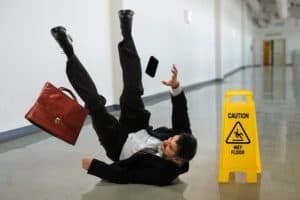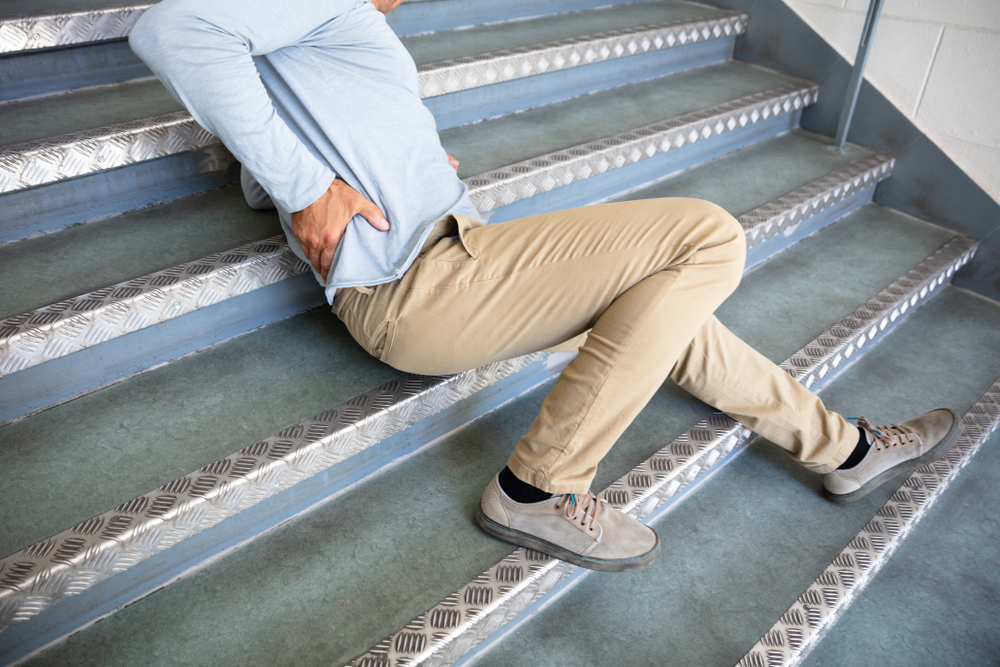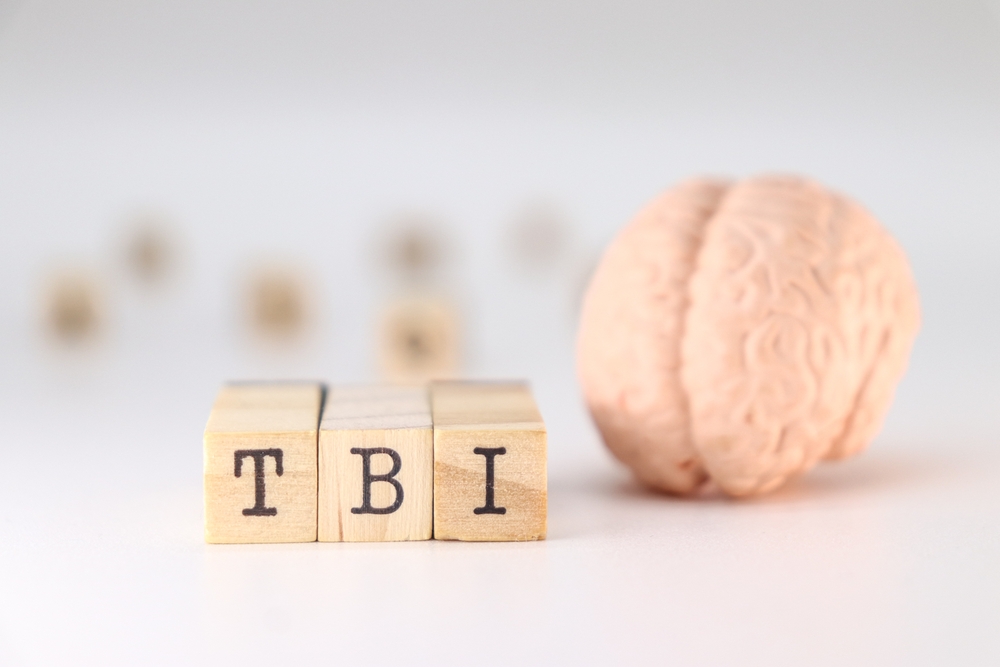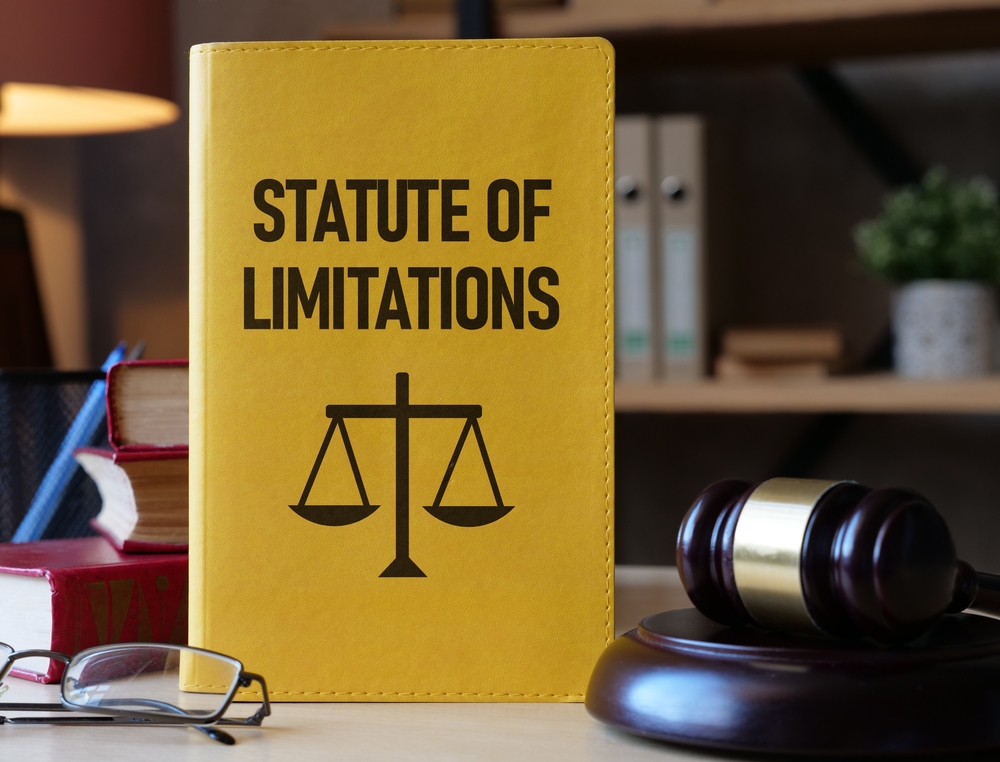
A Texas slip and fall injury attorney can be an important ally when an unexpected fall causes serious harm. Each year, more than one million Americans visit emergency rooms because of slip and fall accidents. These incidents can leave victims facing expensive medical bills, lost wages, and a long road to recovery.
If you were injured on someone else’s property in Arlington or anywhere in Texas, you might be asking yourself if hiring an attorney is the right move. The answer depends on whether the property owner was negligent, the extent of your injuries, and how Texas premises liability laws apply to your situation.
Call Branch & Dhillon at (817) 533-3430 to talk with attorneys who know how to handle slip and fall cases under Texas law and can guide you through your next steps.
Texas Slip and Fall Injury Laws and Your Right to Compensation
Under Texas law, property owners can be held liable when hazardous conditions on their premises cause injuries to visitors. However, slip and fall cases in Texas must meet specific legal requirements to qualify for compensation.
Understanding how Texas handles slip and fall claims is key to determining whether your situation meets these standards and why working with an experienced Texas slip and fall injury lawyer can make the difference between a fair settlement and an inadequate recovery.
How Texas Premises Liability Law Affects Slip and Fall Compensation
Texas slip and fall claims are governed by premises liability law, which is shaped largely by court decisions rather than a single statute. These laws determine the duty of care a property owner owes depending on your legal status when the injury occurred.
Invitees, such as customers in stores or diners at restaurants, receive the highest level of protection. For invitees, such as customers or restaurant patrons, property owners must take proactive measures, including regular inspections, prompt hazard repairs, and clear warnings for dangers that cannot be immediately addressed.
To recover compensation, you must prove that the property owner had actual knowledge of a dangerous condition, for example when employees created the hazard or prior complaints documented the problem, or constructive knowledge, meaning the hazard existed long enough that a reasonable inspection would have found it. This standard was confirmed in Corbin v. Safeway Stores, Inc. and Wal-Mart Stores, Inc. v. Reece.
Evidence such as surveillance footage, maintenance logs, and witness statements can be crucial in proving that a property owner knew or should have known about the hazard. By understanding how Texas premises liability law defines property owner duties and knowledge, you can better evaluate whether your slip and fall injury may qualify for compensation.
Comparative Fault Impact on Texas Slip and Fall Settlements
Texas follows a modified comparative fault system under Texas Civil Practice and Remedies Code Section 33.001, which directly impacts slip and fall compensation. If you are found partially at fault for your fall, your compensation will be reduced in proportion to your percentage of responsibility.
More significantly, if you’re found more than 50% responsible for your fall, Texas law bars any recovery. Insurance companies aggressively pursue these arguments, claiming victims weren’t watching where they walked or ignored warnings, making legal representation vital for countering these tactics.
Where Slip and Fall Accidents Happen Most in Arlington Texas

Understanding where slip and fall accidents commonly occur helps establish patterns of negligence and strengthens compensation claims. Arlington’s diverse commercial landscape creates numerous opportunities for property owner negligence.
Arlington Shopping Centers and Retail Store Slip Hazards
Arlington’s major shopping destinations like Parks Mall, Arlington Highlands, and Lincoln Square see thousands of daily visitors, creating multiple slip and fall hazards. Common hazards in these settings include spilled liquids in grocery aisles, wet entrances during rainy weather, loose floor mats or torn carpeting, cluttered walkways, and poorly lit parking areas.
The Occupational Safety and Health Administration reports that slip and fall accidents constitute 15% of all accidental deaths, second only to motor vehicle accidents, highlighting the serious nature of these incidents in retail environments.
Restaurant and Entertainment District Slip and Fall Risks
Arlington’s entertainment district and numerous restaurants create environments where spills happen frequently. Servers rushing with full trays, customers knocking over drinks, and kitchen staff tracking grease into dining areas all create slip hazards.
Texas Alcoholic Beverage Code also creates additional duties for establishments serving alcohol, as intoxicated patrons face higher fall risks. Entertainment venues like bowling alleys, movie theaters, and sports bars must maintain safe conditions despite high traffic and spillage risks.
Apartment Complex Slip and Fall Accidents in Tarrant County
With numerous apartment communities throughout Arlington, from student housing near UTA to luxury complexes along I-20, residential slip and fall accidents occur regularly.
Landlords must maintain common areas including stairwells with proper lighting and secure handrails, parking lots free from potholes and debris, swimming pool decks with slip-resistant surfaces, and laundry rooms without standing water or detergent spills. Texas Property Code Section 92.052 requires landlords to make diligent efforts to repair conditions materially affecting health or safety.
Common Injuries in Texas Slip and Fall Accident Claims

Slip and fall accidents often happen suddenly, leaving little time for victims to protect themselves from serious harm. Common injuries include:
- Fractures such as hip, wrist, or ankle breaks, often from instinctively trying to break a fall.
- Head injuries including traumatic brain injuries that can cause lasting cognitive and memory problems.
- Spinal cord injuries that may result in temporary or permanent disability, affecting mobility and daily activities.
- Soft tissue injuries such as torn ligaments, muscle strains, or tendon damage that may require surgery and lengthy rehabilitation.
- Internal injuries from abdominal trauma, which can cause immediate and potentially life-threatening complications.
Medical documentation that clearly links these injuries to the fall is essential for building a strong Texas slip and fall compensation claim.
Long-Term Effects That Increase Texas Slip and Fall Settlement Value
The long-term consequences of a slip and fall can significantly influence the value of a claim. These may include:
- Chronic pain that continues long after the initial injury heals.
- Post-injury arthritis in damaged joints that requires ongoing treatment.
- Psychological trauma such as anxiety or fear of falling that impacts daily life.
- Permanent scarring or disfigurement that can affect self-esteem and relationships.
When these long-term effects are fully documented, they can substantially increase the settlement value or trial award in a Texas slip and fall case.
How Pre-Existing Conditions Impact Texas Slip and Fall Lawsuits
Insurance companies often argue that a claimant’s injuries existed before the fall, but Texas law protects victims through the eggshell plaintiff doctrine, which holds property owners responsible when an accident worsens an existing condition.
For instance, a person with a stable back problem may experience a herniated disc requiring surgery after a fall, and in that case, the property owner can still be held liable for the additional harm caused. This principle ensures that compensation reflects not only the new injury but also the aggravation of any prior condition, provided there is clear evidence linking the worsening to the fall.
Building a Strong Texas Slip and Fall Injury Case
Recovering compensation in Texas requires proving specific elements that establish property owner liability. Premises liability claims are based on Texas common law and relevant statutes, along with court decisions that define a property owner’s duties to visitors. Understanding these requirements helps you collect the right evidence to support your claim.
Proving Dangerous Property Conditions in Arlington Slip and Fall Claims
You must prove that an unreasonably dangerous condition caused your fall. This means identifying hazards such as liquid spills, uneven flooring, broken tiles, poor lighting, missing handrails, or blocked walkways.
Texas premises liability law also requires showing that the condition posed an unreasonable risk of harm. Photographs taken immediately after the incident can be strong evidence because property owners often correct hazards quickly.
Establishing Property Owner Knowledge in Texas Slip and Fall Cases
To recover compensation, you must show that the property owner knew or should have known about the hazard. Actual knowledge exists when employees create the dangerous condition or when prior complaints documented the problem.
Constructive knowledge applies when a hazard existed long enough that a reasonable inspection would have found it. Surveillance video can reveal how long a hazard was present, and maintenance records can show inspection frequency.
Proving Inadequate Safety Measures in Texas Premises Liability Cases
Even when a property owner is aware of a hazard, they may avoid liability if they take reasonable steps to correct it. Inadequate measures such as placing a small warning cone near a large spill, making temporary repairs to recurring problems, or leaving hazardous areas poorly lit can strengthen your claim. Texas courts assess whether the property owner’s actions met reasonable safety standards given the circumstances.
Types of Compensation Texas Slip and Fall Attorneys Pursue
Understanding how Texas handles slip and fall claims can clarify whether your case qualifies for compensation. It also shows why working with an experienced attorney can mean the difference between a fair settlement and an inadequate one.
Economic Damages in Arlington Slip and Fall Settlements
Economic damages include the financial costs resulting from an accident. These can cover past and future medical expenses, from emergency care to long-term treatment, lost wages during recovery, and reduced earning capacity if you are unable to return to your previous work.
Additional recoverable costs may include travel expenses for medical care, home modifications to address mobility needs, and assistance with daily tasks while you recover.
Pain and Suffering Awards for Texas Slip and Fall Victims
Texas law also compensates for non-economic losses such as physical pain, mental anguish, and loss of enjoyment of life. This includes discomfort from injuries, emotional distress, anxiety, depression, and permanent limitations affecting daily activities. Disfigurement damages apply when scarring or deformity results from the injury or related surgeries.
When Punitive Damages Apply in Texas Slip and Fall Cases
Under Texas Civil Practice and Remedies Code § 41.003, exemplary damages may be awarded for gross negligence. This applies when a property owner acts with conscious indifference to safety, such as ignoring repeated falls in the same area or removing safety equipment to cut costs. While capped by statute, punitive damages reinforce that such conduct is unacceptable.
Texas Statute of Limitations for Slip and Fall Lawsuits

Under Texas Civil Practice and Remedies Code § 16.003, you have two years from the date of a slip and fall to file a personal injury claim. Waiting too long can weaken your case, as hazards are repaired, surveillance footage is erased, and witnesses become harder to locate.
Contacting a Texas slip and fall injury attorney as soon as possible helps protect your rights while evidence is still available. Early legal guidance also reduces the risk of making statements to insurance companies that could damage your claim.
FAQ for Texas Slip and Fall Injury Attorney
While promptly reporting a slip and fall can strengthen your claim, not reporting right away does not automatically prevent you from recovering compensation. There are valid reasons for delays, such as shock, embarrassment, or not immediately recognizing the severity of your injuries.
However, waiting to report can make proving your case more difficult, as property owners may argue that the fall did not occur or happened differently than described. If you did delay reporting, document your reasons clearly and consult a Texas slip and fall injury attorney as soon as possible to help preserve any remaining evidence.
Property owners often deny knowing about hazards, but Texas law allows constructive knowledge when a danger exists long enough that reasonable inspections should have found it.
Attorneys use maintenance logs, surveillance video, and past incident reports to show how long the condition was present. Proving that proper inspections would have revealed the hazard can meet the legal standard for compensation.
Even minor-looking injuries can have lasting effects, such as chronic pain from soft tissue damage. Insurance companies often offer less to unrepresented victims. A Texas slip and fall attorney can evaluate your case in a free consultation and advise whether legal help makes financial sense based on your injuries and circumstances.
Under Texas’s modified comparative fault rule, you can recover damages if you are less than 51% at fault. Property owners often argue partial fault by citing distraction, unsafe footwear, or not watching your step.
Attorneys work to show the hazard was dangerous even for careful visitors. Your compensation is reduced by your fault percentage, so skilled negotiation helps limit that reduction.
Fight for Maximum Compensation With a Texas Slip and Fall Injury Attorney

Slip and fall accidents can create lasting physical, emotional, and financial challenges. Medical bills, lost wages, and ongoing pain often follow falls caused by property owner negligence. These hazards may include a wet grocery store floor in Arlington, broken pavement outside a restaurant on Abram Street, or unsafe apartment stairs. Insurance companies often act quickly to offer low settlements in the hope you will accept less than you need for full recovery.
At Branch & Dhillon, we understand how insurers downplay legitimate injuries and shift blame onto victims. We represent clients in Arlington and Tarrant County on a contingency fee basis, meaning you pay nothing unless we win your case. While you focus on healing, we manage the legal process and work to prove liability under Texas premises liability law.
Don’t let property owners or insurance companies reduce the value of your claim. Contact Branch & Dhillon at (817) 533-3430 for a free consultation with a Texas slip and fall injury attorney who will fight for the compensation you may be entitled to.

